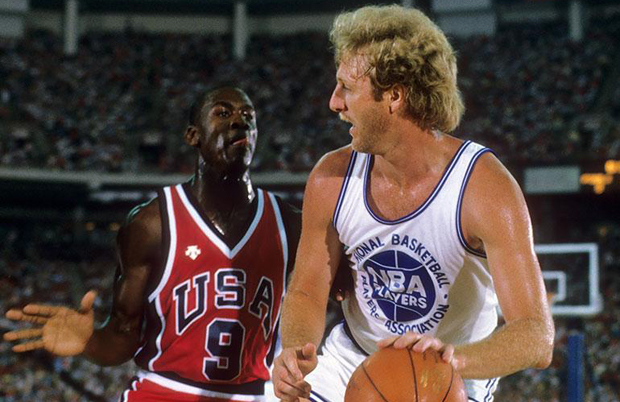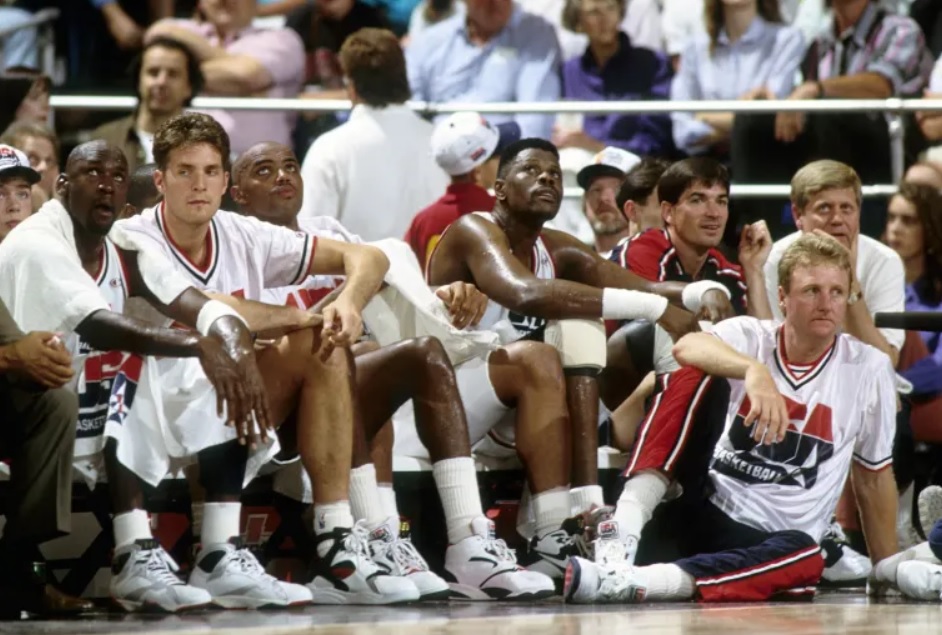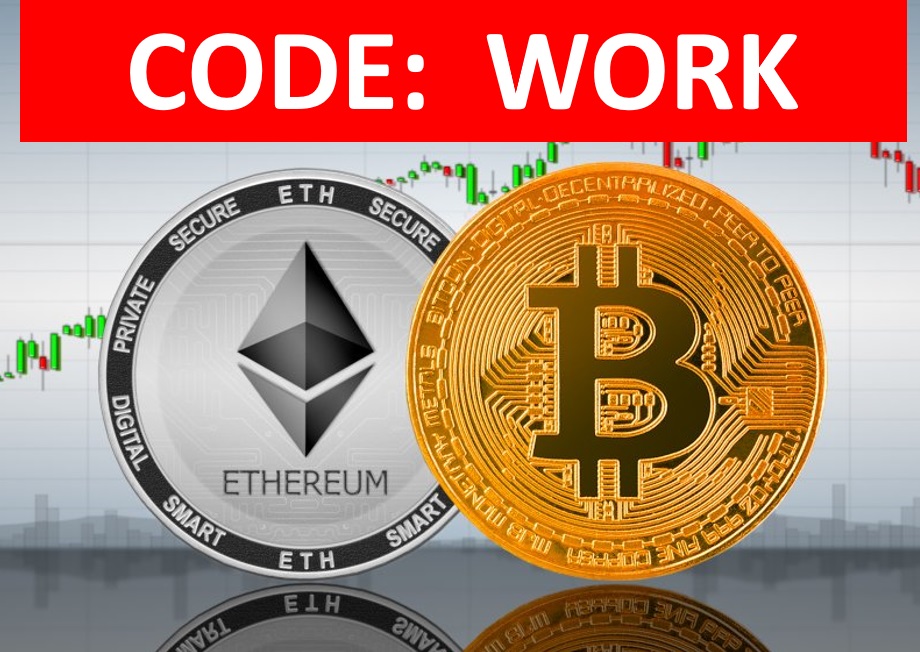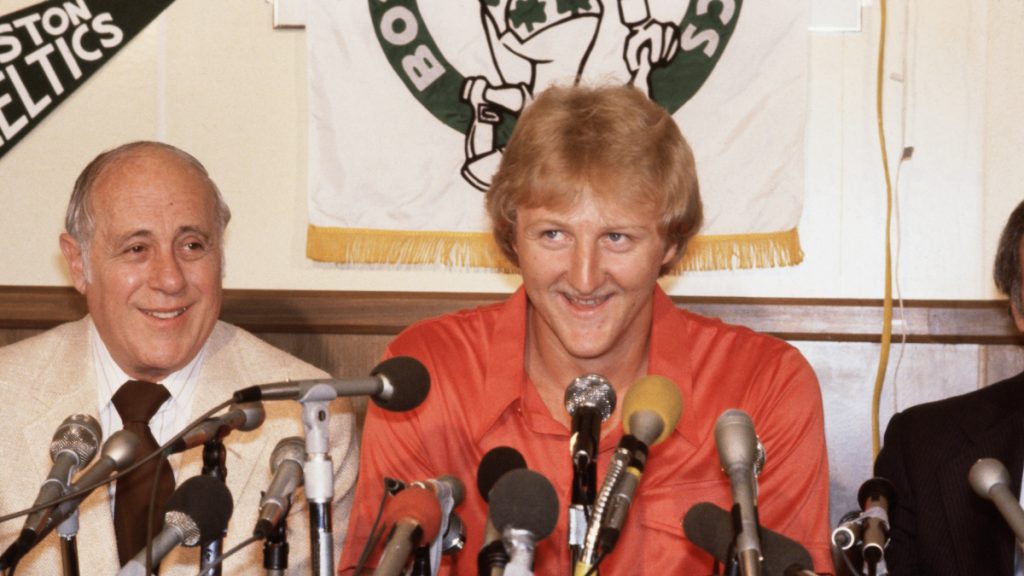
d
- 13.06.2024 06:34:35

I don't care how old or in pain Larry Bird is
- 18.12.2023 13:42:30

1
- 4.12.2023 21:43:01

SEC's Motion to Appeal Loss in Ripple Case Is Denied
- 4.10.2023 13:13:50

How Larry Bird chillingly introduced himself to a young Michael Jordan
- 4.10.2023 13:04:16

BTC AND ETH
- 2.10.2023 22:17:10


